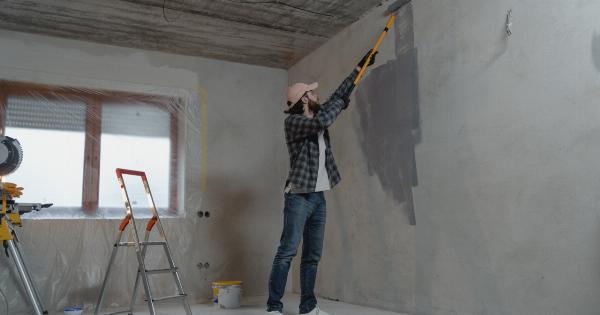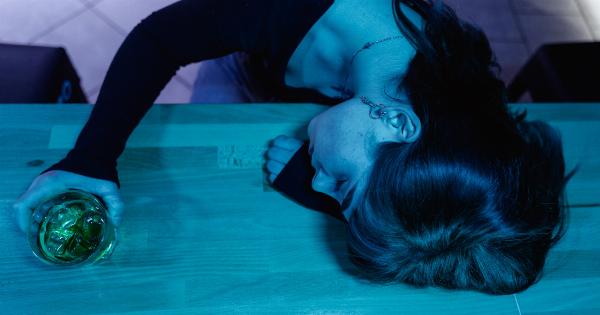Prostate hyperplasia, also known as benign prostatic hyperplasia (BPH), is a condition in which the prostate gland grows in size. This is a common condition among men who are above the age of 50 years.
BPH can cause many symptoms, including frequent urination, especially at night. Nighttime urination can disrupt a man’s sleep cycle and affect their overall quality of life. In this article, we will explore the effects of nighttime urination on men with prostate hyperplasia.
What Causes Nighttime Urination in Men?
Men with BPH often experience nighttime urination, a condition known as nocturia. Nocturia occurs when a man has to wake up several times at night to urinate. Several factors can cause nocturia in men with BPH, including:.
- Increased urine production at night
- Reduced bladder capacity due to an enlarged prostate gland
- Bladder muscle weakness, leading to incomplete voiding of the bladder
- Narrowing of the urethra, making it harder to pass urine
- Inflammation and infection of the prostate gland
Effects of Nighttime Urination on Men with Prostate Hyperplasia
Men with BPH who experience nighttime urination can have several adverse effects on their health. Here are some of the effects of nighttime urination on men with prostate hyperplasia:.
1. Sleep disturbances
Men with prostate hyperplasia who experience nocturia often find it hard to get a good night’s sleep. Frequent urination at night can disrupt their sleep cycle, leading to daytime fatigue and sleepiness.
Sleep disturbances can also affect a man’s mood, productivity, and overall quality of life.
2. Increased risk of falls
Nocturia can increase a man’s risk of falls, especially if they wake up in the middle of the night to urinate. Many men with BPH have poor vision at night, making it hard for them to navigate their way to the bathroom.
Falls can cause fractures, head injuries, and other serious injuries that can affect a man’s mobility and independence.
3. Decreased sexual function
Men with prostate hyperplasia who experience nocturia may also have decreased sexual function. Frequent urination at night can cause fatigue and decreased libido, affecting a man’s ability to have and maintain an erection.
In some cases, nocturia can also cause retrograde ejaculation, a condition in which semen flows back into the bladder instead of coming out of the penis.
4. Increased anxiety and depression
Nocturia can also increase a man’s risk of anxiety and depression. Men with BPH who experience frequent urination at night may feel embarrassed, frustrated, and stressed about their condition.
These negative emotions can affect their mental health and make it harder for them to cope with their symptoms.
Treatments for Nighttime Urination in Men with Prostate Hyperplasia
Several treatments are available for men with BPH who experience nighttime urination. These treatments include:.
1. Medications
Several medications can help alleviate the symptoms of prostate hyperplasia, including nighttime urination. These medications include alpha-blockers, 5-alpha-reductase inhibitors, and anticholinergics.
Alpha-blockers work by relaxing the muscles around the prostate gland and bladder, making it easier to pass urine. 5-alpha-reductase inhibitors help shrink the size of the prostate gland, reducing urination frequency. Anticholinergics work by reducing bladder contractions, making it easier to control urination.
2. Minimally invasive procedures
Minimally invasive procedures, such as transurethral microwave therapy (TUMT), transurethral needle ablation (TUNA), and prostate artery embolization (PAE), can also help treat nighttime urination in men with BPH.
These procedures use energy, heat, or chemicals to reduce the size of the prostate gland, allowing for better urine flow.
3. Surgery
Surgery may be necessary for men with severe BPH who do not respond to medication or minimally invasive procedures. Surgery can involve removing part or all of the prostate gland, allowing for better urine flow.
Conclusion
Nocturia is a common symptom among men with prostate hyperplasia. Nighttime urination can disrupt a man’s sleep cycle and affect their physical and mental health.
It is essential for men with BPH to seek treatment for their symptoms, as several treatments are available to alleviate nighttime urination. With the right treatment, men with BPH can improve their quality of life and reduce their risk of adverse health outcomes.






























